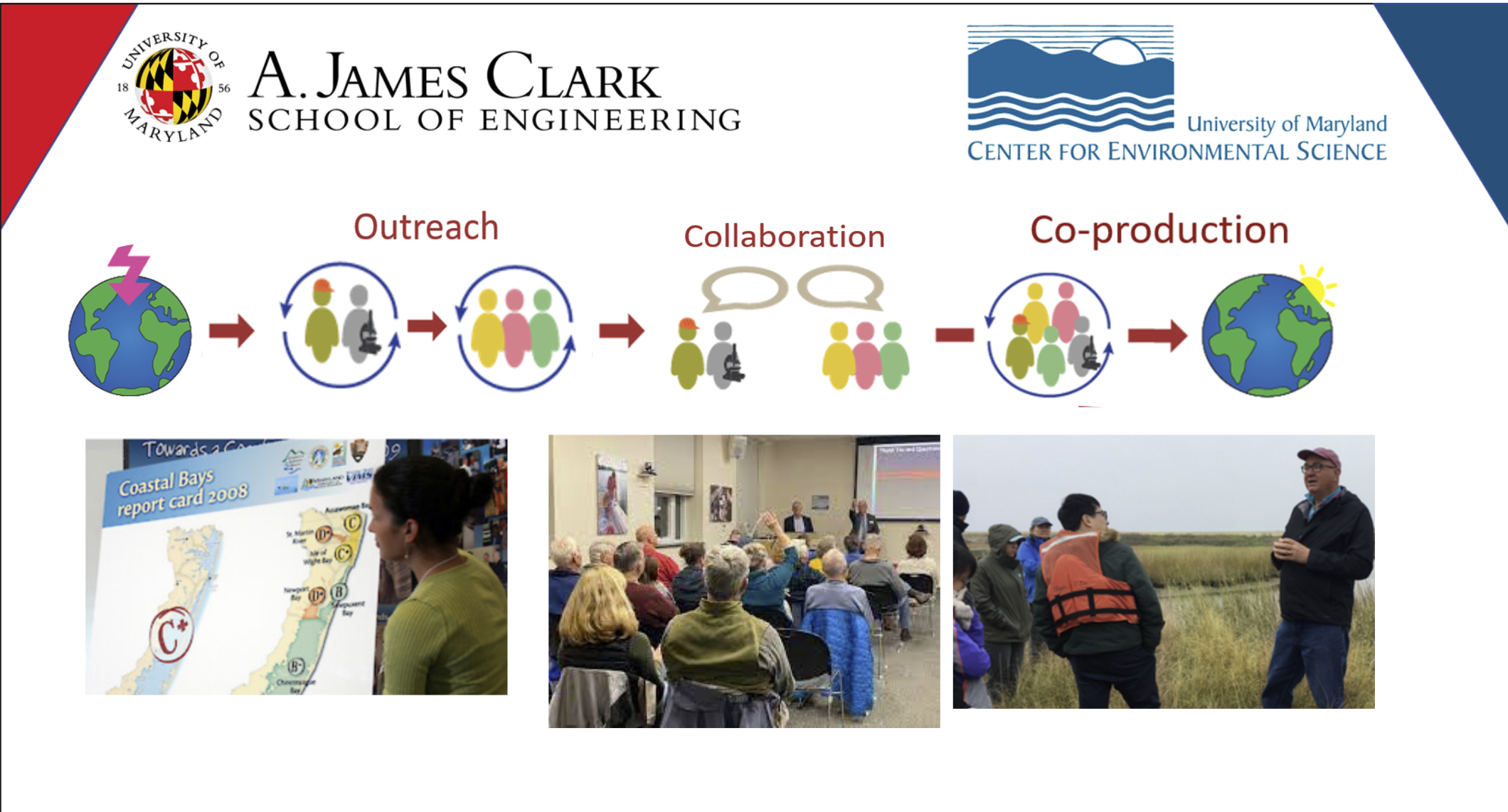
edX Professional Certificate Programs
Environmental Project Management: Co-Creating Sustainable Solutions
Lead teams on your complex, distributed environmental projects through modern leadership and agile execution to co-produce powerful and sustainable outcomes.
Complex environmental projects are defined by leadership via influence and collaboration across participatory groups that see it in their interest to engage and co-produce sustainable outcomes. This requires a whole new adaptive management approach and perspective on leadership from the traditional models of “great men” to one that is a process of engagement, agile teams, and adaptive leadership. This course begins with establishing the case and need for modern management practices, especially in distributed environments and complex environmental projects. This approach emphasizes empowering team members close to the work with decision making and ownership over doing their part of the project. And it will be essential for the core project team, management actions and all involved and interested parties and especially the stakeholders to incorporate the adaptive management approach throughout co-production. Then, the course will dive into what it takes to facilitate great partnerships. From building a great team, to establishing motivation, framing purpose, and creating psychological safety that ensures voices are heard and risks are managed throughout project execution. Whether your environmental project deals with climate change, ecological systems, biodiversity, land management, international development, natural resource management, water resources or the protection of wetlands, adaptive management and stakeholder engagement are at the center of the project ecosystem. At its core, this type of facilitating and empowering leadership requires trust. As a result, the course dedicates significant lessons to understanding how to build that across one and many “teams of teams” working together, implementing interventions and iterations with a feedback loop to achieve their shared outcomes and engage in adaptive management. Leading complex teams always requires moving concertedly in a single direction together which incorporates incentives. Whether you are leading decision makers, trying to guide management objectives, or influencing management policies, it takes stewardship, and this is a learning process. Establishing a clear management process and strategic execution framework enables better management decisions at all levels. We demonstrate management strategies like objectives and key results (OKRs) and team design strategies, as well as agile execution frameworks, can help coordinate without dictating the direction. These approaches are also adaptive and enable feedback, strengthen partnerships, are iterative, and encourage participatory adaptive management. The course then wraps with an example of these approaches and case studies in action in the addressing the watershed and sustainability in the Chesapeake Bay. The Chesapeake fisheries offer a wonderful ecology to study and understand in terms of water quality, regulatory impacts, and the success of active adaptive management. With real-world examples taken and delivered so you can see what success looks like, this case study highlights the concept of adaptive management, the decision-making process and how to model it for your own complex environmental projects influencing future management, healthy ecosystems and sustainability.
My goal in teaching is not only to convey a body of knowledge but also help the student incorporate that knowledge into their careers and life. Teaching is not just about transmitting knowledge but also developing the student’s abilities as a critical thinker and an independent scholar.
I'm passionate about what works as both scientific principles and best practices in project and product management. Teaching is leading leaders, so my first goal is to engage with compelling reasons to change their thinking. Our shared goal is to empower their teams to delight customers while also serving the organization and society that supports them.
Science Integrator with the Integration and Application Network at University of Maryland Center for Environmental Sciences
Director of STEM Engagement at University of Maryland Center for Environmental Sciences
Vice President for Science Application at University of Maryland Center for Environmental Sciences
Unlock the power of Artificial Intelligence to revolutionize government procurement.
Drive your career forward.
Pass the PMP Exam on the first try by Crystalizing the methods.
Generate big ideas and a culture of innovation
Learn how to apply the foundational knowledge of Digital Strategy and Execution to the Government sector.
Learn how to lead system Integration of Low-Code, No-Code (LCNC) platforms across the entire Product-Platform Lifecycle.
Ensure you have the right training program to make your citizen developers highly productive and effective.
Enable better, more confident decision making with program and project risk management
Learn how to manage and lead change with programs
Learn how to manage and deliver successful construction projects.
Build the power skills that foster a positive workplace.
Master the communication skills you need to succeed.
Lead the product life cycle from discovery to delivery.
Deliver innovative solutions by unleashing your team's potential.
Drive your career forward.